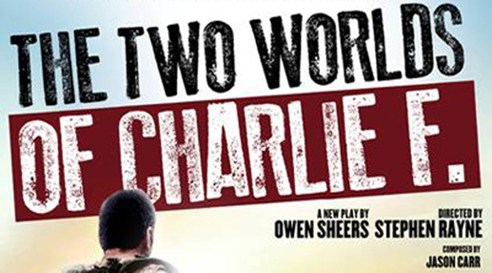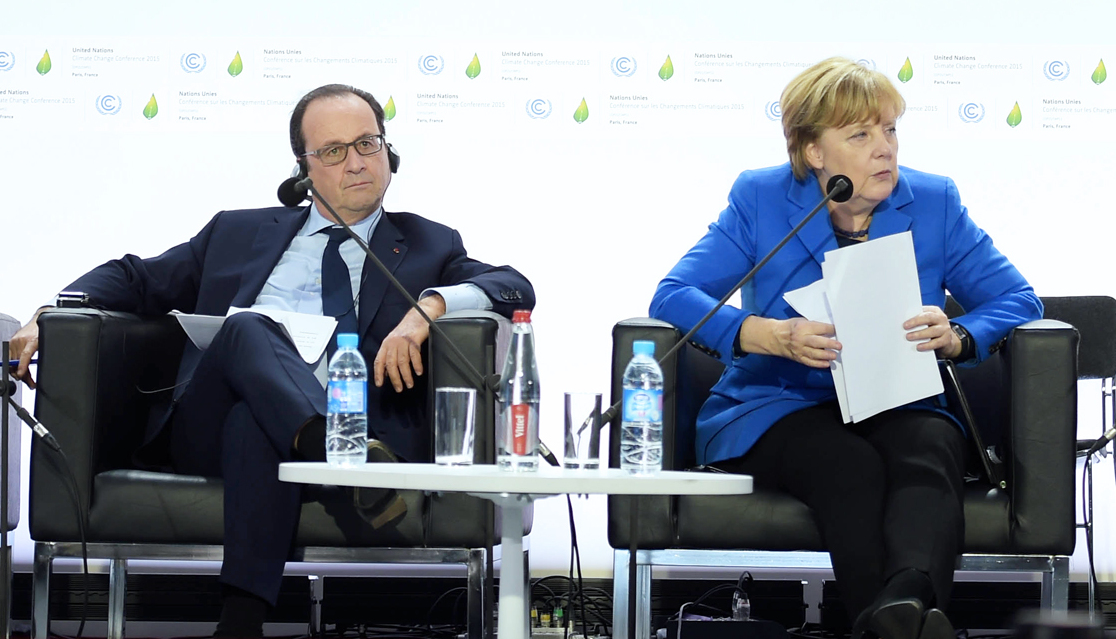The celebrity and critically acclaimed play The Two Worlds of Charlie F. depicts the real-life stories of servicewomen and men coping with disabilities, injuries and Post-Traumatic Stress Disorder (PTSD) after returning from war in Afghanistan. These stories are re-enacted onstage by the current and former members of the Armed Forces who lived them – and who turned to theatre as a way to give a voice to wounded, injured and sick service personnel and veterans.
The darkly comedic production follows veterans from the front lines of the war in Afghanistan to physiotherapy sessions years later, exploring the real-life consequences of physical and psychological injury and the new battle for survival that veterans face upon returning home from conflict. One of these veterans is Royal Marine Cassidy Little, who hails from Newfoundland and was severely injured by an improvised explosive device in Afghanistan in 2011. Little’s performance, and those of his fellow cast members, has received much public and critical acclaim that the UK-based production just embarked on an international tour.
The service personnel and veterans involved in the production have called their experiences onstage a momentous step toward their respective recoveries. One serving soldier and cast member stated “[t]his turned my life around. It’s just being with the guys again, and just being able to talk to guys as well. That’s better than any counselling that anyone tried to give me. This has put me straight, on the straight road”, while another argued “no matter the state of mind I may have due to my pain or disability, I know that I am not alone”. These sentiments will likely come as no surprise to many, as performing arts have been recognized around the world as an important recuperative therapy tool.
PTSD has been discussed in various tones in public discourse. Opposition parties, non-governmental organizations and veterans themselves have long criticized governments for failing to provide adequate funding and support services to former servicewomen and men. In Canada, veterans’ issues have dominated recent House discussions in light of the Conservative government’s decision to close eight Veterans’ Affairs offices across the country, although the government says it has not cut services. This decision came amidst reports of increased levels of homelessness, mental illness and suicide among Canadian veterans. In response, the Official Opposition critics for Veterans’ affairs, National Defense and Foreign Affairs have denounced the government’s decision to close the facilities, citing numerous examples of Canadian veterans suffering from PTSD to underline the importance of easily accessible support services for veterans. In the United States, Republicans and Democrats have long criticized each other for inaction on the veterans’ file. Just last week, partisanship and differing views on how aid and other programs for veterans should best be handled led to the tanking of a Democratic veterans’ benefits bill in the Senate. In short, much has been said about PTSD and other veterans’ issues in North America, but little seems to be getting done.
It is clear that immediate action is so desperately needed when it comes to PTSD and veterans’ issues in general. Last month, the tragic suicide of retired Sergeant Ronald Anderson, aged 39, made headlines across Canada. Anderson was diagnosed with PTSD following his two tours in Afghanistan and his death is believed to be related to the illness.
Given the attention veterans’ issues receive in the media and in public discourse, it is intriguing to see PTSD portrayed in a new and creative way in The Two Worlds of Charlie F. The play is a light-hearted, touching and chilling look at the daily challenges veterans face, allowing audiences to hear real-life tales of the consequences of combat straight from those who lived them. The two worlds in the production’s title hint at those who serve on the ground in conflict abroad and those who only read about it in public discourse back home. The accounts of the soldiers featured in the play, re-enacted before audiences worldwide, are an important bridge between these two worlds.





